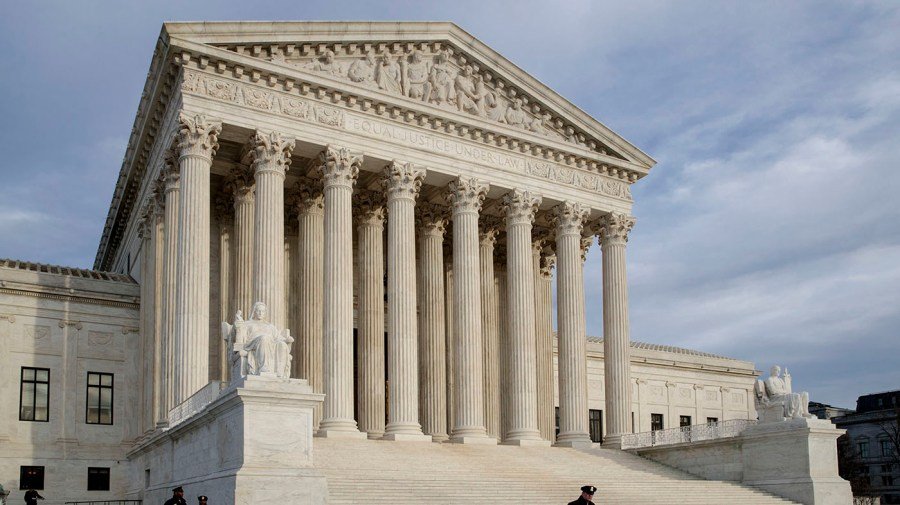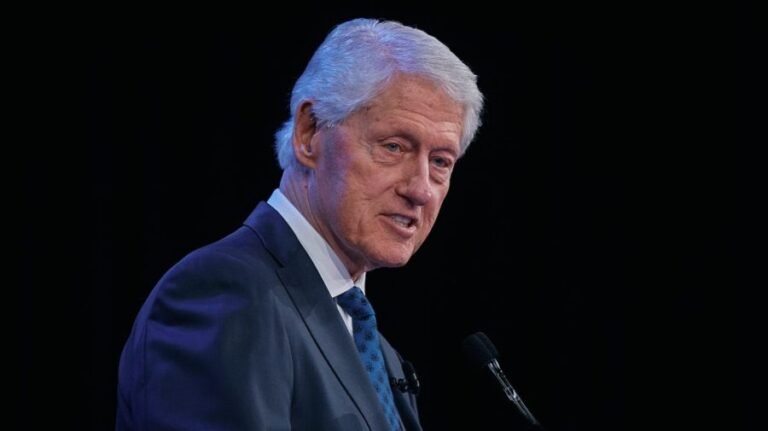
President Trump’s sweeping tariff agenda will be dissected by the Supreme Court on Wednesday as his administration seeks to justify its global trade overhaul by pointing to emergency powers.
It marks the first time the high court will take the bench to weigh an essential element of Trump’s second-term agenda on the merits.
Trump has maintained that the case is among the most important to be heard by the high court. Depending on the outcome, the justices could either keep in place or undo a key Trump policy agenda item that has reverberations on economies around the world.
“Tomorrow’s United States Supreme Court case is, literally, LIFE OR DEATH for our Country,” Trump said Tuesday on Truth Social.
At the heart of the case is an untested expansion of executive power: Trump’s invocation of the International Emergency Economic Powers Act (IEEPA) in imposing tariffs on nations around the world.
The 1977 law empowers the president to put necessary economic sanctions in place during an emergency. But it has never been used to impose tariffs — and the small businesses and Democratic-led states challenging the president’s move contend it was never meant to be.
“I don’t understand why anyone would be opposed to what I’m doing,” Learning Resources CEO Rick Woldenberg said in an interview. “We are protesting a tax. Isn’t that something that every American agrees with?”
Since retaking office, the conservative-majority Supreme Court has repeatedly ruled in Trump’s favor. But those cases all involved emergency appeals, and Wednesday marks the first time the justices are considering one of Trump’s second-term policies on their normal docket.
Lower courts invalidated Trump’s tariffs but allowed them to remain in place until their legality is resolved. The president has warned the Supreme Court that ruling against him would spell economic disaster and make the United States a third-world country.
Treasury Secretary Scott Bessent is expected to attend the arguments, telling Fox News’s “Jesse Watters Primetime” he hoped to sit “in the front row, and have a ringside seat.” CEOs from the small businesses and three state Democratic attorneys general are also planning to attend.
Trump has invoked IEEPA to justify the bulk of his sweeping tariff agenda, which sparked a stock sell-off this spring and has continued to add to market uncertainty.
The statute provides the president authority to “regulate” imports in response to national emergencies that pose an “unusual and extraordinary threat.” Trump has declared emergencies over fentanyl to impose tariffs on Canada, China and Mexico and trade deficits to implement his global tariffs on dozens of trading partners.
The challengers contend Congress never intended the statute to authorize tariffs and Trump’s emergencies are invalid. Accepting Trump’s position would make the law unconstitutional, the challengers say.
The Justice Department asserts the law does support Trump’s sweeping actions and judges have no business second-guessing the president’s emergency findings.
“Plaintiffs seek a ruling from this Court that would effectively disarm the President in the highly competitive arena of international trade,” the Justice Department wrote in court filings.


